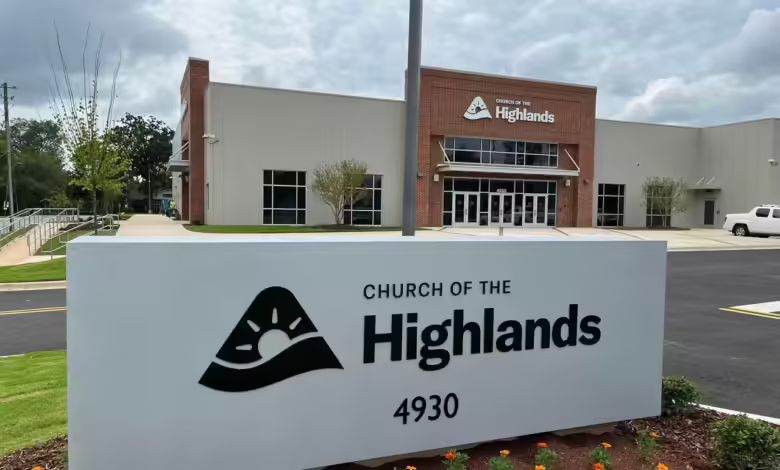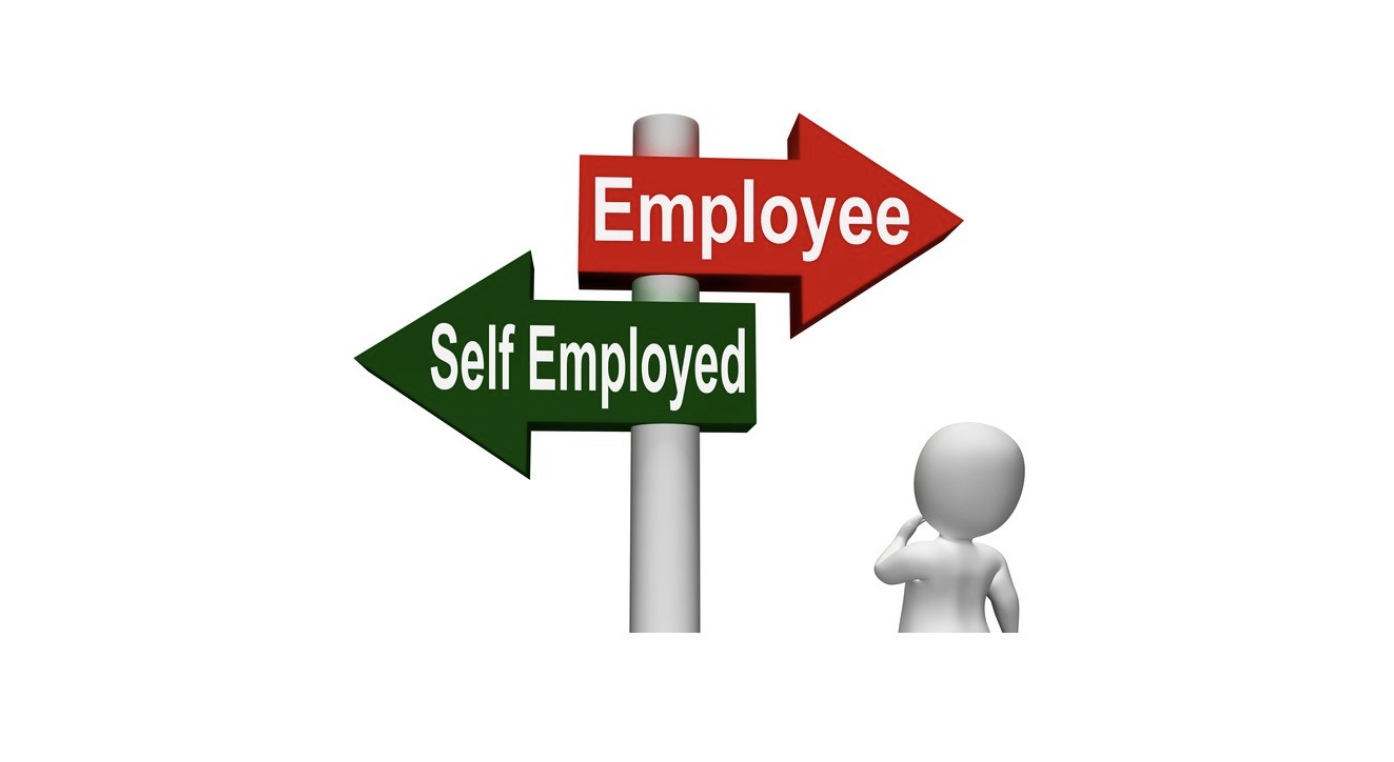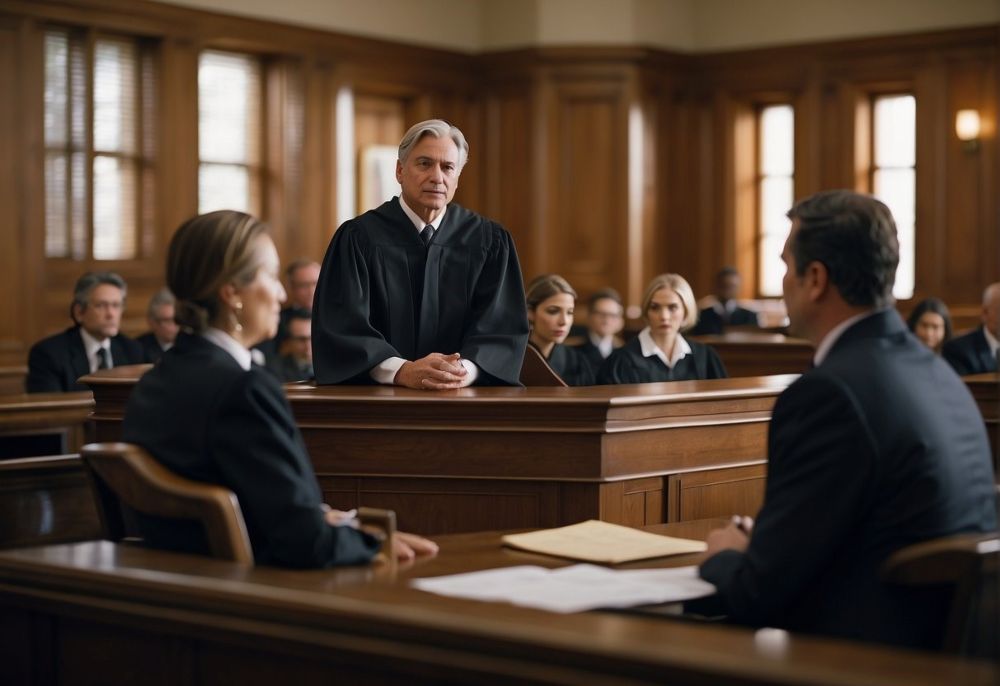Church of the Highlands: Behind the Scenes

The church of the highlands exposed in Birmingham, Alabama Church of the Highlands is one of the largest and fastest-growing churches in America. Founded in 2001 by Pastor Chris Hodges, it now welcomes over 50,000 people each weekend at 40 campuses across the southern United States. However, not everything is as it seems within this mega-church. Let’s take a look behind the scenes at some of the controversies and criticisms Church of the Highlands faces.
Contents
Lavish Spending
An investigation into the church’s finances reveals some concerning spending habits at the highest levels. For example, records show Pastor Hodges owns multiple luxury vehicles purchased using church funds. These include two Cadillac Escalades, one equipped with television screens. Senior pastors also enjoy first-class airline travel and five-star hotels on trips. Some view these lavish perks as inappropriate given the church’s nonprofit status.
Critics argue funds would be better spent directly assisting those in the community, not luxury goods for leadership. Church officials counter that funds are used appropriately and perquisites help pastors effectively fulfill duties. However, financial transparency remains an issue as full budgets and salaries are not publicly disclosed.
Political Involvement
Church of the Highlands stays actively engaged in politics, although 501(c)3 churches cannot officially endorse candidates. Pastor Hodges is closely tied to politicians like Alabama Governor Kay Ivey and former President Donald Trump. Critics argue from the pulpit, Hodges shares biased perspectives that toe conservative, Republican Party lines on issues like abortion and LGBTQ rights.
When calling for votes from the stage, some feel Church of the Highlands violates its tax-exempt status. Church leaders stress they focus on issues not candidates. However, the conservative slant fuels accusations of covert partisanship. Due to political involvement concerns, Church of the Highlands lost its bid to expand campuses into Georgia in 2021.
Teaching Controversy
Critics argue Pastor Hodges condenses complex theological issues and social problems into simplistic terms. For example, he labels belief in evolution as rooted in “demonic strongholds.” Sermons imply those who disagree politically are rooted in “principalities.”
Some members say this breeds intolerance, while psychological experts warn against language implying intrinsic spiritual flaws in others. Defenders counter the pastor aims to spiritually empower, not denigrate. However, reduced theological nuance and “us vs. them” rhetoric still trouble outsiders.
Leadership Style
Church growth depends on Pastor Hodges’ charismatic leadership. But some former members describe a controlling, insular culture where dissent isn’t tolerated. Multiple lawsuits allege the church retaliated against whistleblowers exposing financial issues or inappropriate pastor behavior.
Centralization of power in Hodges dissuades democratic processes, they argue. The church denies all retaliation claims or cult-like accusations. Defenders credit Hodges for attracting new believers with his passionate preaching. Still, too much sole reliance on one man’s vision makes the organization vulnerable if issues emerge.
In addition, some pastors have faced #MeToo allegations of abusive behavior or inappropriate relationships over the years. While the organization stresses zero tolerance now for misconduct, earlier problems reflect poor accountability and oversight of leaders. An increased lay leadership role could prevent such repeat issues.
Controversial Teachings
Many have taken issue with specific Church of the Highlands doctrines. For example, the church preaches a “prosperity gospel” that implies faith and generous tithing will lead believers to wealth and success. Some feel this distorts Jesus’s message of serving the poor and valuing spiritual rewards over material wealth.
Additionally, sermons stress demonic “generational curses” are the root cause of things like poverty or addiction problems. While aiming to empower parishioners, experts argue this scapegoats societal factors and personal struggles.
Finally, critics argue the church’s position that homosexual relations are inherently sinful promotes exclusion. Leaders counter they preach biblical teachings but welcome all people through God’s unconditional love. Still, same-sex oriented members say they feel unwelcome and experience micro-aggressions.
In summary, while Church of the Highlands draws thousands to its passionate services, behind-the-scenes factors like financial issues, political entanglements, centralized leadership and some doctrinal teachings remain cause for concern to outsiders. Supporters praise its community impact, but critics argue greater transparency and inclusiveness could alleviate worries over potential abuses of power and intolerance within its ranks. As with any large religious nonprofit, ongoing self-examination remains important.
Supporters and Critics Weigh In
To gain perspective from both sides, here are representative views:
Supporter: “Yes, the church isn’t perfect. But it changed my life through God’s love. All churches have issues – focusing only on faults ignores the thousands helped each week.”
Critic: “Mega-churches centralize too much power and risk groupthink. True faith means asking tough questions, not blindly following one man. Outreach could better balance spiritual and community needs.”
Former Member: “The atmosphere felt more focused on conformity and outward appearances than personal spirituality. Dissenting views weren’t welcome long-term like they implied.”
Outside Theologian: “While intentions are good, oversimplified messages risk twisting texts’ deeper meanings. Faith leaders must model nuanced discussion of social issues, not inflammatory rhetoric that sows further division.”
As with any complex institution, reasonable people of faith can analyze both strengths and weaknesses in spirited debate. For most, the ultimate question remains whether an organization holistically fosters caring community and individuated spiritual growth – or veers off that mission amid grandeur and controversy. An open dialogue balancing multiple viewpoints serves any church seeking balanced improvement.
Moving Forward
Given issues raised, what steps could help Church of the Highlands regain trust while preserving strengths? Potential reforms include:
- Prioritizing financial transparency by publishing full budgets, salaries and addressing misspending allegations.
- Decentralizing authority by empowering lay leadership circles for balanced oversight.
- Modeling respectful discussion of complex issues from the pulpit instead of simplified rhetoric that risks fueling intolerance.
- Reaffirming spiritual rather than material wealth as Christianity’s heart through updated prosperity gospel teachings.
- Adopting an explicit welcome and inclusion of LGBTQ individuals into all aspects of congregational life.
- Implementing independent investigative boards to evaluate misconduct claims rather than internal handling.
With over 50,000 believers, Church of the Highlands remains a major faith community – warts and all. If leadership demonstrated humility by instituting meaningful accountability, respectful dialogue and inclusive reforms, it could set an example of congregational strength through address rather than denial of concerns. An open yet grace-filled approach to improvement honors any organization’s highest aspirations as well as responsibilities to its followers and broader community.



